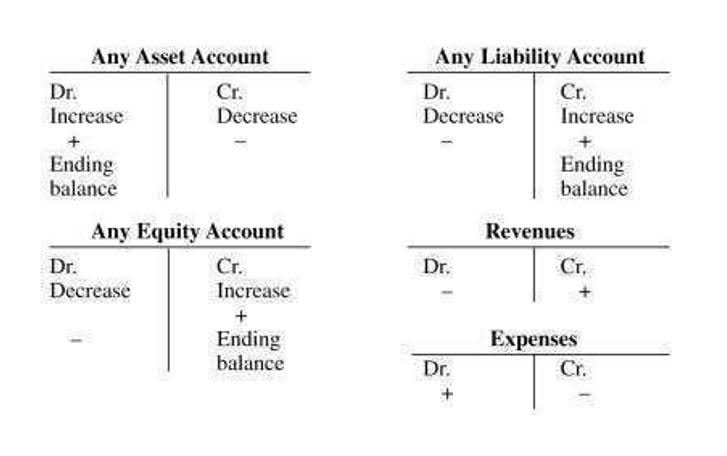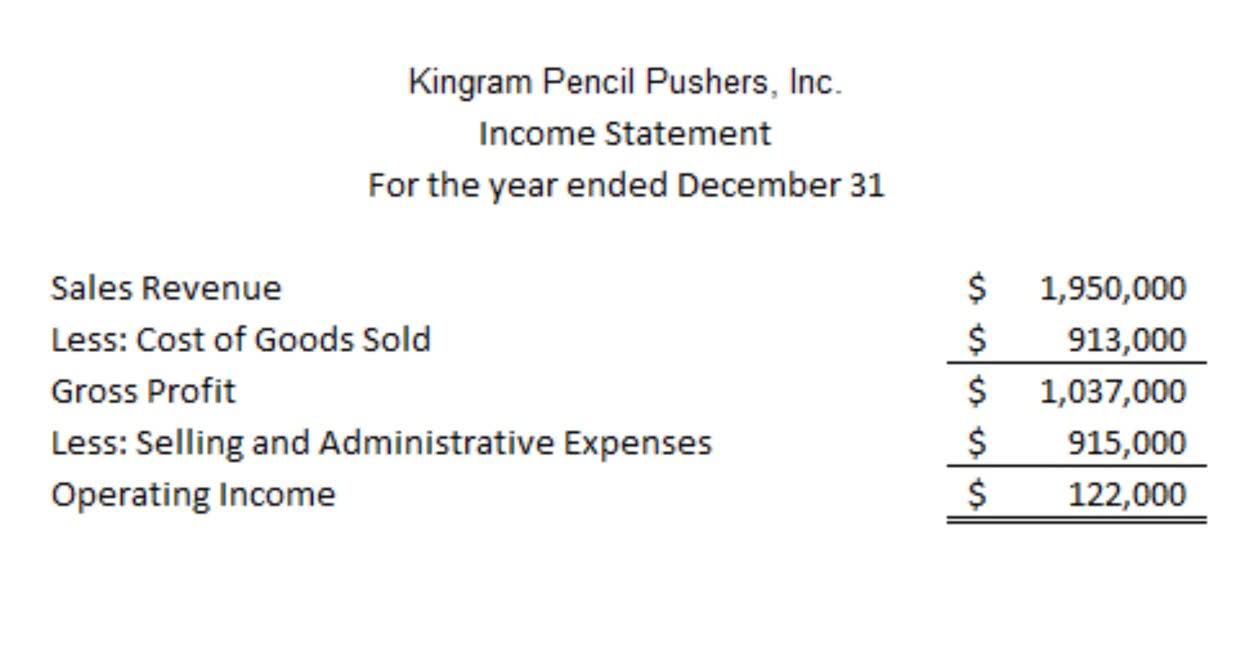Nonprofit accounting: A beginners guide

That way all of your bookkeeping can be left in one place; no more searching around for receipts and sifting through personal bank accounts. For non-profit organizations, meticulous bookkeeping is not just a financial necessity but an investment in their nonprofit bookkeeping mission and impact. The final step in nonprofit bookkeeping is taking care of your tax obligations. Most nonprofits can apply to the IRS for a tax exempt status, which means that the nonprofit would be exempt from federal taxes under Section 501.
Managing grants

Someone who’s new to the profession, for example, may start their rates at $20 an hour, while someone with several years of experience may charge $35 an hour or more. Researching average bookkeeper salaries for your area can give you an idea of what your competitors may charge. Once you start getting your first clients, it’s important to focus on customer satisfaction. Clients who are happy with your services are more likely to stay loyal and continue to hire you. They also may be willing to refer you to people they know who might need a good bookkeeper. Starting a bookkeeping business is something you might be interested in if you naturally love numbers and want to break free of the traditional nine-to-five.
Use specialized software.
Compliance with these regulations is essential for maintaining tax-exempt status and ensuring transparency and accountability in financial operations. Nonprofit bookkeeping must adhere to these regulations, which may differ from those governing traditional businesses. Nonprofits use financial statements to provide transparency and accountability so nonprofit stakeholders, donors, and government agencies can evaluate the organization’s financial health. This is especially important since board members have a fiduciary duty—ensuring that the organization is transparent about finances. Decimal is staffed with the best accountants who understand the specifics of non-profit bookkeeping.
Nonprofit accounting vs. for-profit accounting
- Essentially, the Form 990 is the IRS’s method of evaluation to make sure your nonprofit is financially honest and legitimate.
- While for-profit organizations have shareholders to appease, nonprofits have donors to thank and cultivate.
- Next, we’ll look into some of the actions that are specific to nonprofit organizations.
- Make sure all of your nonprofit’s transactions go through a dedicated bank account.
- Yes, we know how to track all the complexities of restricted funds, but most importantly, we know how to set up a simple process that is easy for the client and delivers clear reports.
There are some specific functions that non-profit accounting includes, that must be handled properly with the help of accounting software. That is why if you are unfamiliar with the whole process, we present you with a complete guide on bookkeeping for nonprofits. Nonprofit organizations are basically companies with their own set of financial rules and accounting systems.

Accounting software can make this process easier and help your bookkeeper follow GAAP standard accounting principles. Nonprofits of all sizes use the following software to create and keep these reports up to date. Some donations and grants will come into your organization restricted for specific purposes. Nonprofit fund accounting differs from for-profit accounting because it ensures accountability to the donors’ wants and tracks how these funds are allocated. Just like for-profit businesses, nonprofits need to spend money on accounting.
- AccuFund is an excellent resource for nonprofits looking for a reliable financial management tool.
- Get our FREE guide to nonprofit financial reports, featuring illustrations, annotations, and insights to help you better understand your organization’s finances.
- The solution you decide on should also allow you to do some form of fund accounting.
- A business plan is a detailed overview of how you plan to launch and grow your business.
- Once you’ve got a bookkeeping system and a bank account in place, you need some way of making sure the information in both of those systems lines up.
Just like the statement of financial position, the statement of activities keeps net assets that have conditions and stipulations attached to them separate from unrestricted funds. The difference between the balance sheet and the statement of financial position is that, https://www.bookstime.com/nonprofit-organizations because nonprofits don’t technically have any owners, the statement of financial position doesn’t have any equity on it. When you reconcile your bank accounts, all you’re doing is comparing each transaction from your bank statement with the ones you have in your books.
Nonprofit bookkeeping goes beyond traditional financial metrics to assess the organization’s mission impact. Nonprofits often measure success not only in financial terms but also in terms of the social or environmental outcomes achieved through their programs and services. Tracking and reporting on mission impact require additional performance indicators and qualitative measures beyond traditional financial statements. Proper accounting and financial management are necessary for nonprofit organizations to stay viable and remain accountable to the public, donors, funders, and other stakeholders. The delegation also helps alleviate leadership of day-to-day accounting tasks and allows them to focus on other organizational objectives. Your nonprofit’s bookkeeper must prepare regular reports for the organization’s Board of Directors that provide updated financial information.
‘A clear picture’: Fire Safe Council, former accountant clash over nonprofit’s financial information – The Union
‘A clear picture’: Fire Safe Council, former accountant clash over nonprofit’s financial information.
Posted: Wed, 14 Jul 2021 07:00:00 GMT [source]
These restrictions mean that you have to ensure their funds are spent in a way that the supporters approve of. Nonprofit organizations are accountable to a diverse range of stakeholders, including donors, grantors, board members, and the public. As such, financial transparency and reporting are critical aspects of nonprofit bookkeeping. Nonprofits must provide detailed financial statements and reports that accurately reflect their financial position, activities, and impact. Transparency builds trust and confidence among stakeholders and is essential for maintaining support and credibility.

Setting up a New System
These guidelines are set by an organization called the Financial Accounting Standards Board (FASB). These contributions assist NGOs to meet their operational costs and achieve their goals. Otherwise, there are free accounting choices, but you should consult a professional before making final judgments about your non-profit’s financial software. A skilled bookkeeper will be able to advise you on the finest accounting software for your organization. That is why to perform all accounting activities smoothly and error-free a non-profit will require bookkeeping. Your accounting obligations differ from those of for profit organizations if you operate a non-profit group.
